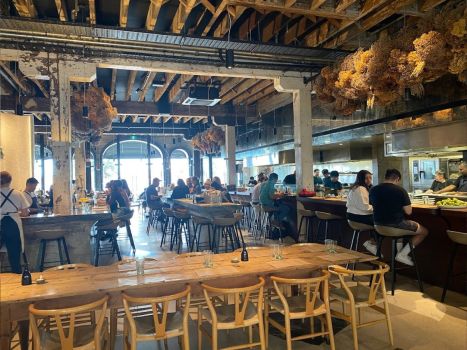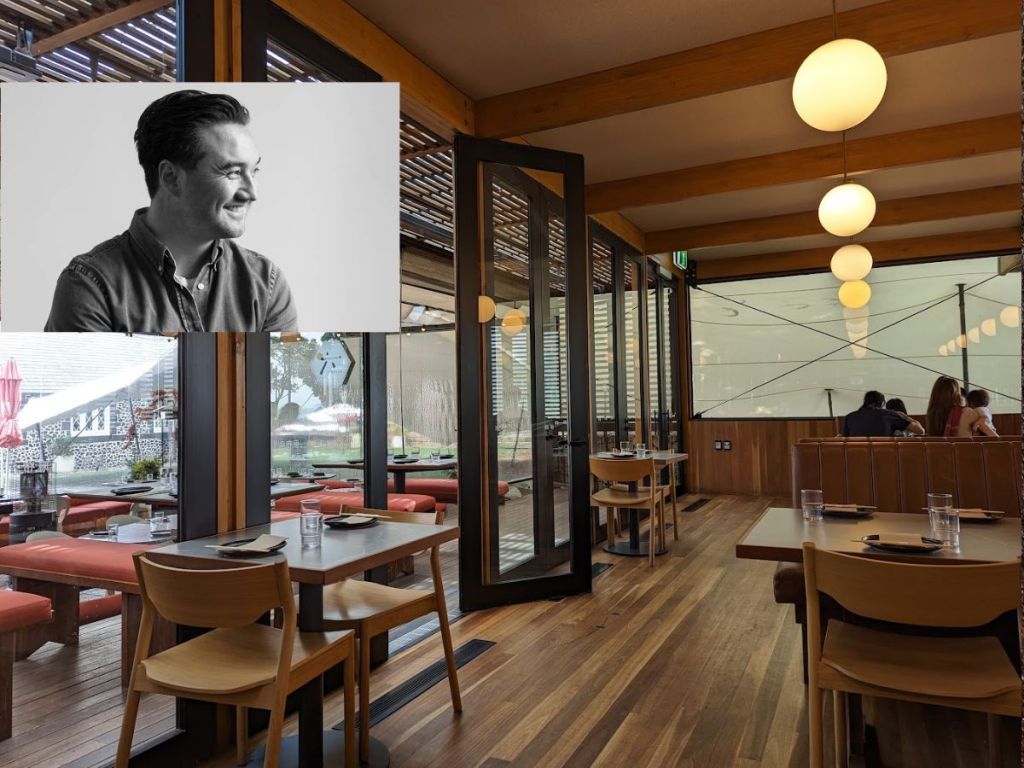NZX stock exchange-listed hospitality company, Savor Group has reduced its half year loss as it closes in on breaking even according to its financial statement for the period to September 30, 2023.
The company, which operates 20 bars and restaurants across Auckland including Azabu, Amano and Bivacco, has reported a net loss of $421,000 versus a loss of $2.1m in the prior year.
Savor’s preferred measure of financial performance, ebitda*, more than doubled to $3.1m from $1.4m. Operating cash flow also rose to $2.5m from $1.6m.
It comes as the company lifted revenue by 40% over the half year to $29.1m, which was bolstered by the contributions of new venues it added.
Savor Group, Chief Executive Lucien Law said the company was really pleased with the performance, in what has been a difficult trading environment.
“Cutting costs, managing COGS (cost of goods sold) has been a daily, weekly exercise. It’s probably the tightest we’ve ever had to run something in the 13-odd-years I have been doing it,” he said.
The company said it had managed to reduce its COGS by half a percent on the year prior.

Savor’s expenses rose 34% over the period to $25.9m from $19.4m. The increases were seen across the board, with employee wages rising by 33% to $13.7m, direct costs rising 39% to $8.6m and utilities costs rising by about $700,000 to $2.2m.
Wage Inflation
Law said ongoing wage inflation was out of the company’s control, as it was determined by market forces, however, he said it’s become a little easier to find staff, versus what it was a year ago when the labour market was much tighter.
“As far as the cost of goods, I would think the worst of that is behind us. “I think hopefully, we’ll be able to bring those down.”
Law has reportedly said he would like to see some of the prices it charges its guests come down, in line with cheaper goods.
He said the company had taken steps to remove ingredients from its menus that would cause the meal to cost more than $50, to better appeal to consumer needs.
Law said trading over the month of October was flat and below internal budgets, but the company had seen an uptick in recent activity.
“Our forward bookings are looking great,” he said.
One factor which would partly influence its trading over the busy summer months would be the weather, as about 10% to 15% of customers on a busy night were walk-ins.
Company highlights:
• Savor’s revenue was $29.1m for the period, an increase of over 40% compared to the prior period.
• EBITDA* was $3.1m, increasing over 132% compared to the prior year.
• Operating cash flow exceeded $2.5m, compared to $1.6m in the prior year.
• Net profit after tax was ($0.1m) compared to ($1.7m) in the prior year, after adjusting for one-off restructuring and interest costs during the year. Including those charges net profit after tax was ($0.4m).
• The Group continued to strengthen its Balance Sheet with the repayment of over $1.3m in debt principal throughout the period.
According to the company’s announcement these results continue to demonstrate the strong progress Savor is making to optimise business performance through sustained cost control.
“As mentioned at the Company’s recent Annual Shareholders Meeting (ASM), labour and cost of goods sold are the Group’s most significant costs. Labour costs have continued to track down by approximately 2 percent of sales compared to the prior year, as the efficiencies of rostering and headcount reductions have outperformed expectations during the winter trading period.”
The company says it continues to streamline its supplier base, seeking efficiencies through process as well as volume driven pricing and own brand products.
Group revenue for the period has increased significantly again compared to the prior period, however has been impacted by fluctuating weather, macro-economic headwinds, and cost of living pressures.
Law says “We are pleased to have achieved $3.1m of EBITDA and in excess of $2.5m of operating cash flows for the six months, despite relatively difficult market conditions and with adverse weather negatively impacting trading, as tight cost control measures take effect.”
*EBITDA means reported Earnings Before Interest, Tax, Depreciation, Amortisation and restructuring costs, as reported in the Group’s publicly stated Statement of Comprehensive Income.








